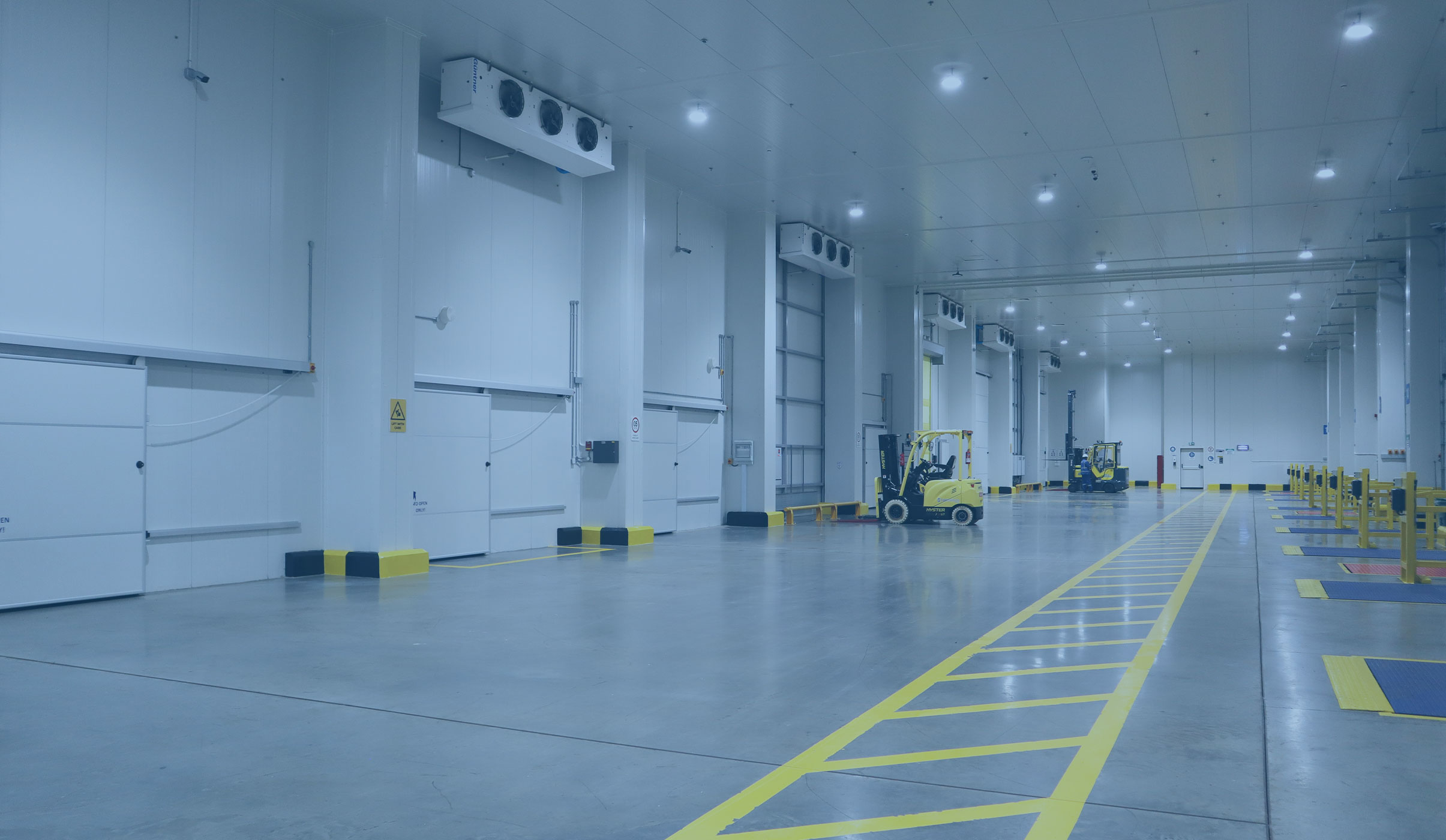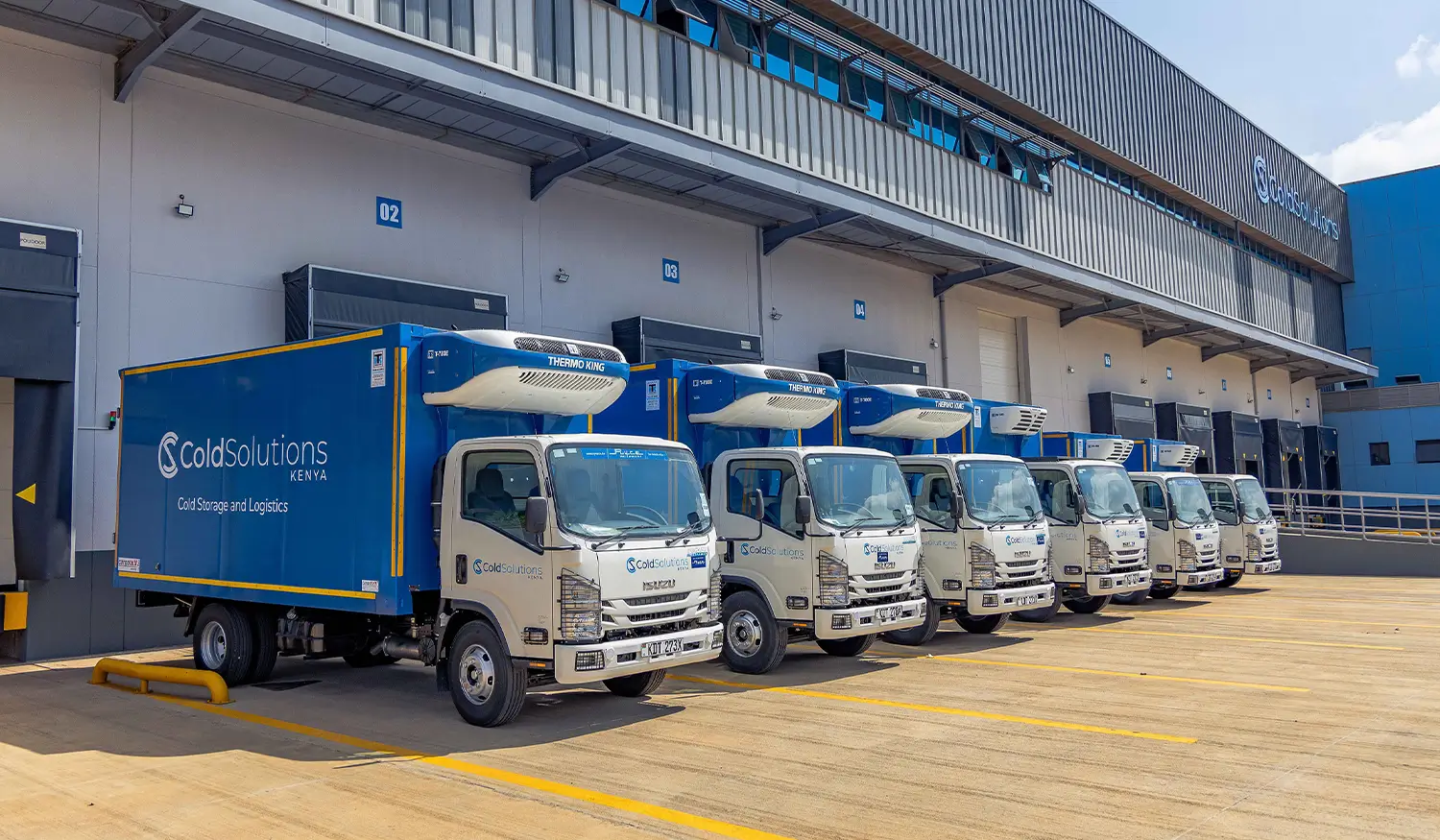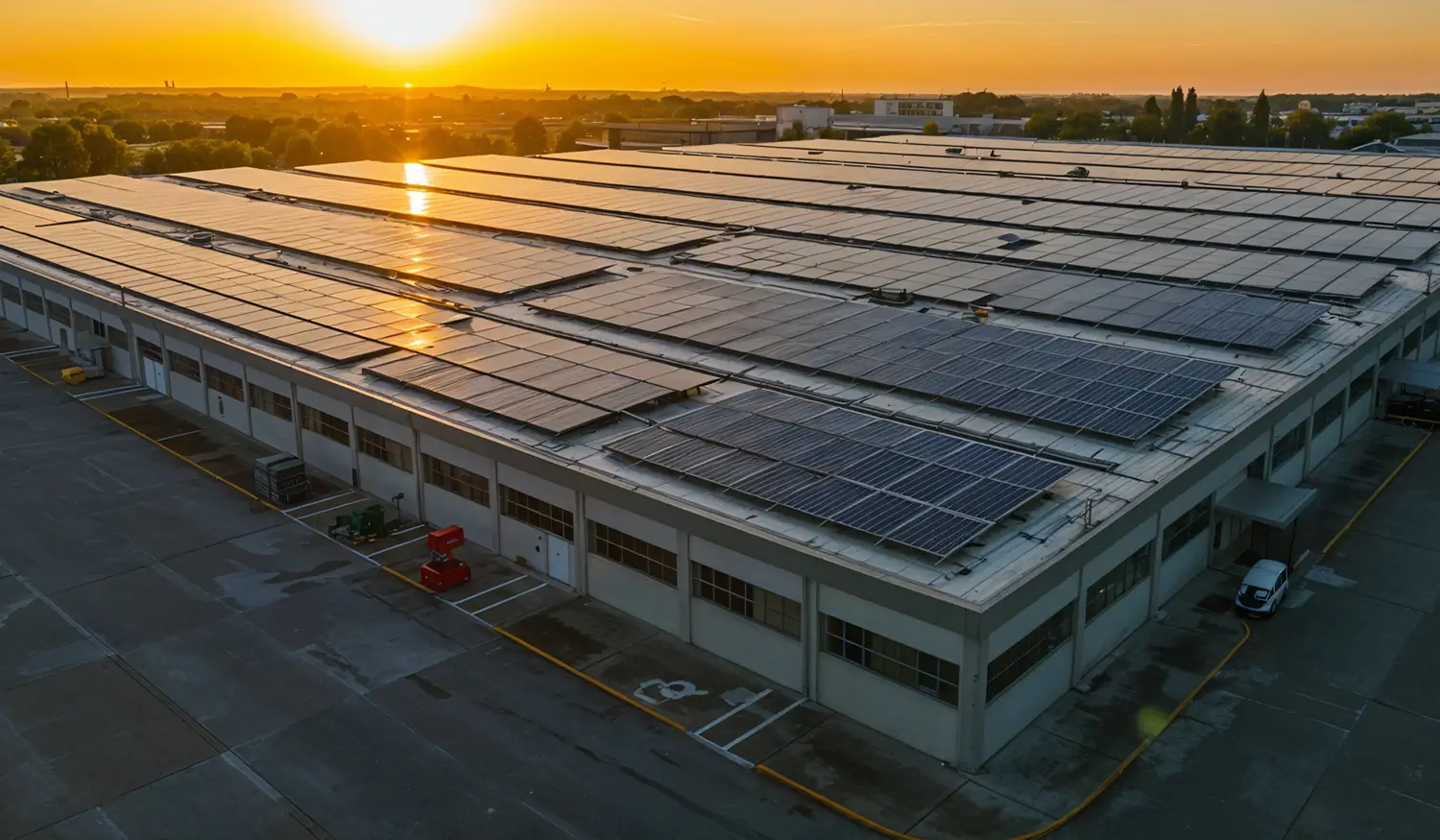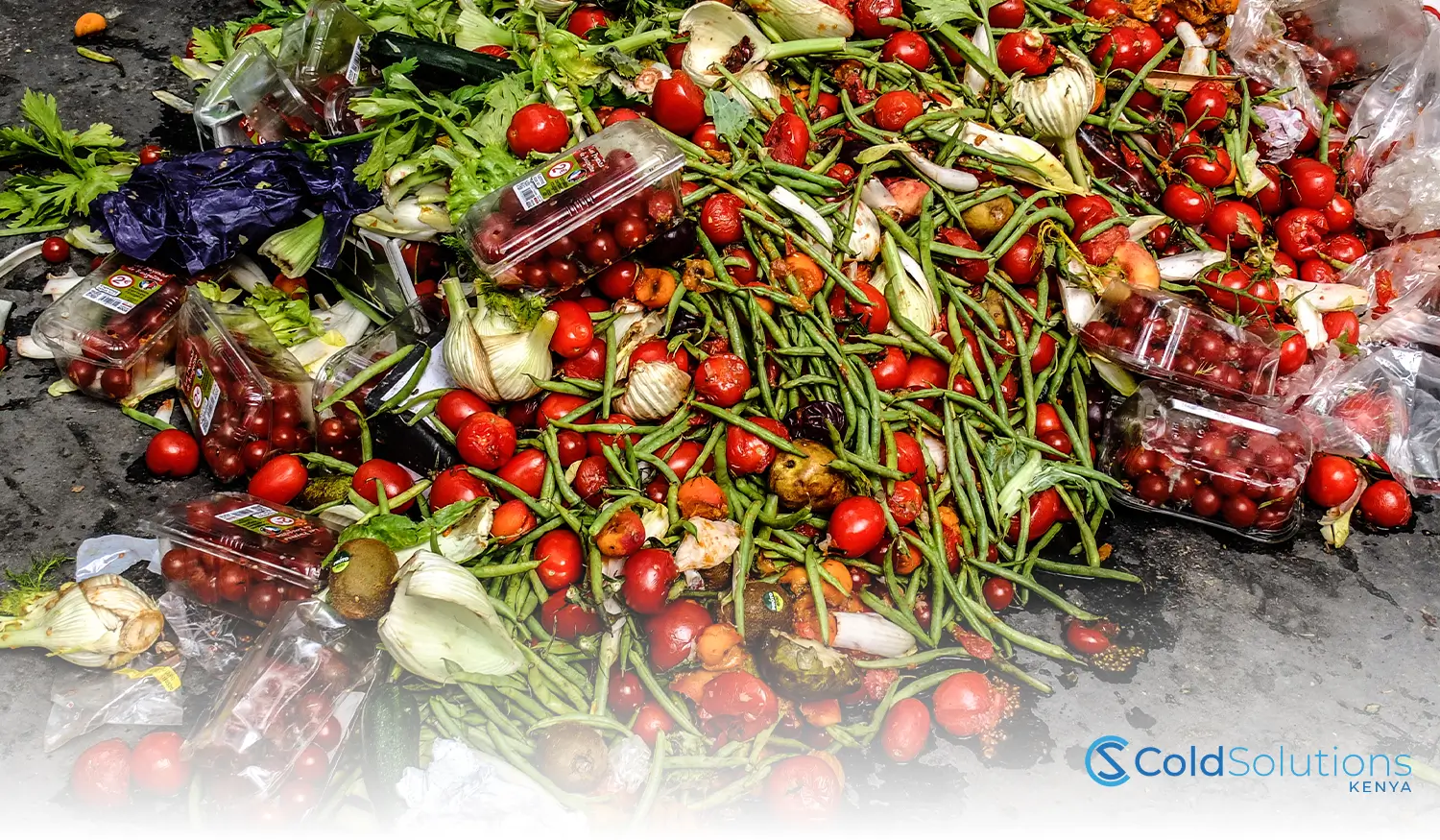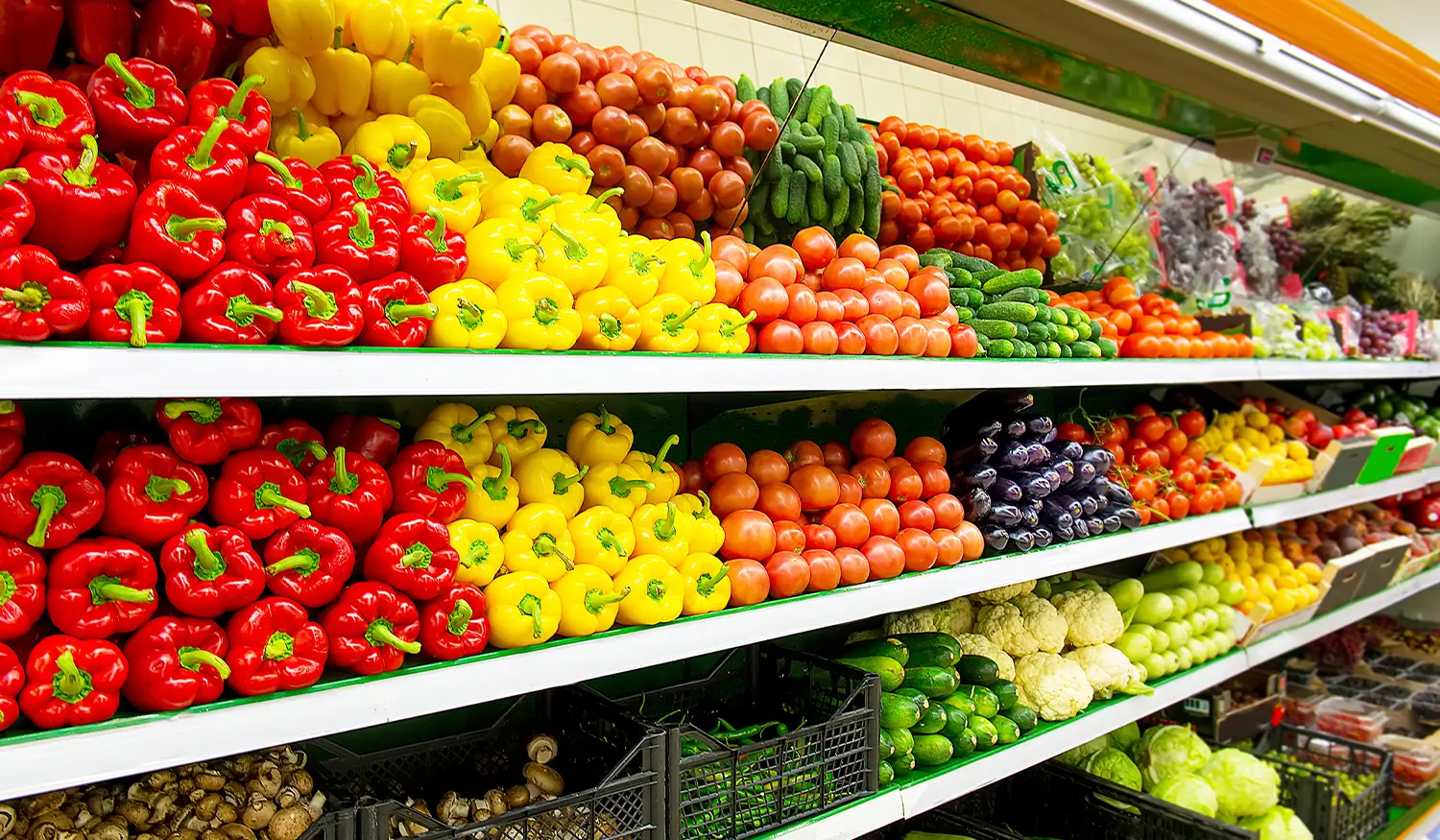
In today’s fast-paced retail environment, supermarkets face a range of challenges that can disrupt product availability, increase costs, and erode customer trust. From unexpected demand spikes to transportation hiccups, any break in the cold chain can have cascading effects, ruined perishables, lost revenue, and reputational damage.
At Cold Solutions Kenya, we understand that building resilience into your supply chain isn’t optional; it’s essential. In this article, we explore how strategic investment in cold warehousing mitigates risks for supermarkets, drawing lessons from Europe, North America, the wider African continent, and right here in Kenya.
The Fragility of the Fresh-Food Supply Chain
Perishable goods, such as produce, dairy, meat, and frozen foods, travel through multiple hands before reaching supermarket shelves. Each handoff is an opportunity for temperature excursions, delays, or mishandling. In Europe, regulators mandate strict temperature controls (often within ±2°C) for dairy and meat products; yet, even in this context, a single refrigeration unit failure at a distribution center can lead to recalls and erode consumer confidence. In North America, the 2021 “cold-storage collapse” in Texas, when sub-zero temperatures froze cooling systems, underscored how severe weather events can swiftly incapacitate entire regions’ supply chains.
In emerging markets, these risks intensify. Unreliable power grids, underdeveloped transport infrastructure, and fragmented distribution networks in parts of Africa put perishables at even greater jeopardy. In Kenya, intermittent blackouts and clogged road corridors, especially during the rainy seasons, translate directly into higher spoilage rates, tighter margins, and the risk of stock‑outs.
Cold Warehousing as a Strategic Risk Mitigator
Cold warehousing goes beyond merely “keeping things cold.” It is about engineering a multi‑layered defense against a spectrum of disruptions:
1. Redundant Power Systems
- Backup Generators & UPS: In Europe and North America, leading cold‑store operators maintain on‑site diesel generators and uninterruptible power supplies (UPS). At Cold Solutions Kenya, our facilities in Nairobi and Mombasa feature N+1 generator configurations, ensuring that even if one generator fails, another seamlessly takes over the load.
- Solar-Grid Hybrids: Given Kenya’s abundant sunshine, we are pioneering hybrid solar-plus-grid installations that can shoulder up to 60% of cooling requirements, reducing dependency on unreliable grid power and lowering carbon footprint.2. Redundant Power Systems:
2. Advanced Monitoring & Analytics
- 24/7 Remote Temperature Tracking: European supermarket chains rely on IoT sensors that feed real‑time data into cloud platforms. Any excursion beyond predefined thresholds triggers immediate alerts. Cold Solutions Kenya integrates these IoT networks with predictive analytics, utilizing historical temperature and power-quality data to forecast vulnerabilities before they occur.
- AI-Driven Energy Optimization: In North America, large cold stores utilize AI to balance load across compressors, thereby minimizing energy spikes. Our systems in Nairobi utilize similar machine-learning models, which adapt compressor runtimes to external conditions (ambient temperature and humidity) to stabilize temperatures while reducing energy bills by up to 15%.
3. Flexible Capacity & Buffering
- Seasonal Scalability: European retailers increase cold-storage bookings ahead of holiday seasons. Cold Solutions Kenya offers variable‑term contracts that let supermarkets flex their capacity month‑to‑month—vital for managing harvest surges in fresh produce or promotional pushes on ice creams and frozen foods.
- Cross‑Docking & Transloading: In East Africa, long‑haul trucking times can derail delivery windows. Our Mombasa cold‐ramp facility functions as both cold storage and cross‑dock hub, swiftly moving containers from ship to truck without breaking the temperature chain.
4. Regulatory Compliance & Traceability
- HACCP & ISO Standards: In the EU, compliance with Hazard Analysis and Critical Control Points (HACCP) is non‐negotiable. Our facilities adhere to HACCP, ISO 22000 (food safety), and Kenya Bureau of Standards (KEBS) regulations, furnishing supermarkets with full audit trails and certificates of conformity.
- Blockchain Pilots: Inspired by pilot programs in North America, we are testing blockchain‐based traceability platforms that log every temperature reading and transfer event—immutable records that simplify audits and fast‐track recalls if needed.
Real‑World Benefits for Supermarkets
1. Lower Spoilage, Higher Margins
In Kenya, average cold‐chain losses for fresh produce can exceed 20%. By storing seasonal fruits—avocados, mangoes, tomatoes—in our purpose‐built cold rooms, supermarkets have reported spoilage reductions of 8–12%, directly bolstering gross margins.
2. Enhanced Promotional Agility
Whether launching a Valentine’s chocolate campaign or running Easter turkey deals, supermarkets need to scale inventory quickly. Our flexible‐capacity model lets them reserve extra freezer space at short notice, avoiding last‑minute scramble or spoilage if deals extend.
3. Reduced Downtime & Recall Costs
In Europe, a single recall can cost a supermarket group tens of millions of euros. Continuous monitoring and backup systems in our cold warehouses mean fewer temperature excursions. And should an anomaly occur, granular sensor data locates and limits impact to just the affected batch—minimizing recall scope.
4. Sustainability Credentials
Consumers increasingly demand green credentials. By leveraging solar hybrids, energy‑efficient compressors, and waste‑heat recovery systems (used to preheat facility water), supermarkets can communicate credible sustainability stories on LinkedIn and ESG reports, strengthening brand equity.
The Kenyan Edge: Local Expertise Meets Global Best Practices
At Cold Solutions Kenya, we marry global cold‐chain innovations with deep local know‑how. We understand the quirks of Mombasa’s humidity, Nairobi’s grid dynamics, and the challenges of shipping via Northern Corridor. Our local engineering teams are on call 24/7, and our expansive Westlands training center regularly upskills supermarket logisticians on best‐practice cold‐chain handling.
Case in Point: Nairobi Fresh (Placeholder. Client to provide real life case)
Earlier this year, one of Kenya’s leading supermarket brands—Nairobi Fresh—partnered with Cold Solutions Kenya to overhaul its cold storage strategy. Within six months, they achieved:
- 15% energy cost savings through AI‑tuned compressors
- 35% reduction in inbound spoilage via streamlined cross‑docking at Mombasa
- Zero temperature‐related recalls thanks to our redundant power architecture
The result? Smoother shelf availability, happier customers, and a stronger bottom line.
Looking Ahead: Building Agile, Resilient Supermarkets
The retail landscape will only grow more complex. Climate volatility, shifting consumer expectations, and tightening sustainability mandates create new pressure points. Yet supermarkets that embrace cold warehousing as a strategic partner—instead of an afterthought—will thrive.
Cold Solutions Kenya is committed to guiding your business through this transformation. Our turnkey cold‐chain solutions—from design and build to operations and analytics—equip you to absorb shocks, seize market opportunities, and turn risk into competitive advantage.
Ready to fortify your supply chain? Connect with our solutions team on LinkedIn or visit our website to schedule a site tour. Together, let’s build the resilient, future‑ready cold chain your supermarket deserves.

